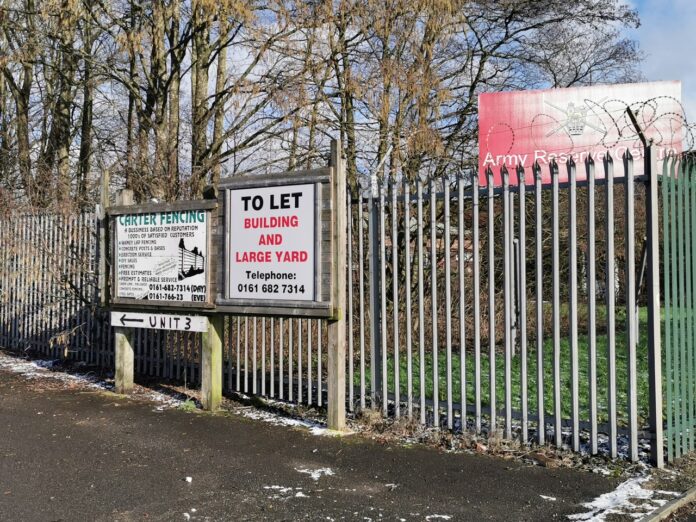People in many parts of Northern England and the Midlands face an ‘avalanche’ of debt as Covid-support is phased out this summer, according to new research from Centre for Cities think tank in partnership with Clarion Housing Group, that challenges the idea that people’s finances have benefited from lockdown.
They warn that the Government’s roadmap for withdrawing Covid support will hit people in the North and Midlands disproportionately hard and, in a blow to the levelling up agenda, risks leaving the UK more divided than ever. Division between homeowners and people in social housing are also likely to increase, with social housing residents and people on low incomes far more likely to have fallen into debt during the pandemic.
During the pandemic people in richer neighbourhoods in predominantly southern cities cut down on luxuries and reduced their outgoings more than people in poorer neighbourhoods in – mostly northern – cities who spend proportionally more on food, bills and other essentials. As a result, for every £1 that people from less affluent areas saved, people in richer areas saved £12.
Because of this, people in around half of neighbourhoods in Hull, Bradford, and Liverpool are likely to have been pushed into debt trying to meet the cost of essentials due to pandemic job losses, furlough and a lack of savings.
On the other hand, cutting non-essential spending has helped people in wealthier places save money. People in Exeter and York are the biggest financial beneficiaries of lockdown, with those living in eight in ten neighbourhoods being more likely than not to have boosted their savings.
Four of the five cities where people are most likely to have saved money during the pandemic are in Southern England while the top five places where people are most likely to have fallen into debt are in Northern England – three in the Red Wall.
Pockets of southern England are also struggling, particularly London and cities reliant on the aviation sector such as Slough, Luton and Crawley where people in both richer and poorer neighbourhoods have seen their financial situation worsen in the last year.
So far people have been shielded from the worst economic effects of this debt crisis by furlough, eviction bans and delays in the court system. But the problem will come to a head later this year when most Government support is withdrawn and the courts clear their case backlog.
Centre for Cities’ Chief Executive, Andrew Carter, said:
“The pandemic has left this country more divided than ever. While people in mostly prosperous southern cities and towns have accumulated £150 billion of savings, many less affluent people in the North and Midlands will face an avalanche of debt as Government support ends later this year.
“The Government is withdrawing financial support far too quickly for people in places that have been hit hard by the pandemic. Not only will this set its levelling up agenda back significantly, it also risks levelling down many previously affluent parts of southern England such as Crawley.
David Orr, Chair of the Clarion Housing Association Board, said:
“This research confirms that existing inequalities have deepened as a result of the pandemic. Many social housing residents were already in a precarious financial situation before the pandemic and are likely to have been disproportionately affected.







